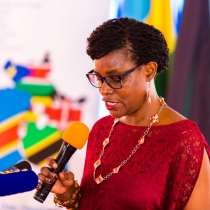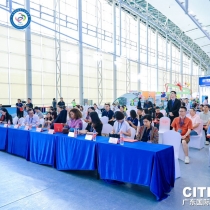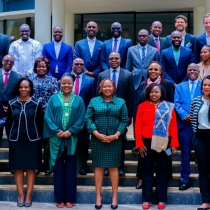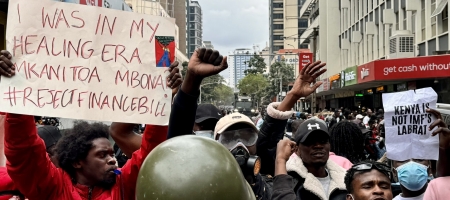
OPINION: SACCOs Driving Sustainable Development in Uganda
By Emmy Paul Opolot
SACCOs, an abbreviation for “Savings and Credit Co-operatives Societies”, stands as one of Uganda’s vibrant pillars of sustainable development in the national plan.
Having immersed myself in these cooperative movement structures for over 17 years, I’ve witnessed firsthand their transformative power within the communities.
From fostering financial inclusion to promoting gender equality and bolstering education and healthcare services, co-operatives have emerged as a catalyst for holistic development across the nation in Uganda.
Firstly, let’s acknowledge the diverse landscape within which co-operatives in Uganda operate. These co-operatives operate in various sectors including farming, transport, savings and credit, housing, institutional & multipurpose co-operatives, each catering to specific community needs.
These co-operatives serve as vital conduits for providing financial products and services, thereby uplifting members economically & socially.
One of the most notable contributions of co-operatives is in their provision of capital and affordable loans, enabling members to venture into various businesses and meet their essential needs such as school fees, feeding, clothing, and healthcare expenses. Moreover, these credit societies instill a culture of savings among their members, fostering financial discipline and resilience, essential for sustainable economic growth.
In terms of financial inclusion, co-operatives like SACCOs play a pivotal role, particularly in rural areas where traditional banking services may be scarce. Despite such challenges, strategic partnerships and technological innovations have propelled SACCOS to offer more convenient access to finance, empowering its members to manage their finances effectively.
One prominent example of co-operatives’ & groups’ impact on individual lives is the story of Charles Odongo Omona, a 28-year-old youth from Orom subcounty. Charles, attached to the RIBEAYETEKO group, utilized SACCO financing to cultivate gardens.
With funds from the co-operative and support from the Emyoga program, Charles successfully planted twenty-five acres of cotton, five actresses for maize, and five for soya bean last year 2023. This initiative not only generated income for Charles but also contributed to local economic growth and food security, demonstrating the tangible benefits of Co-operatives in empowering individuals to realize their potential and contribute to community development.
Moreover, these cooperatives have played a pivotal role in advancing gender equality, particularly in traditionally male-dominated sectors.
Historically, women faced barriers to accessing or joining Co-operatives due to a lack of collateral, limited understanding of financial systems, and cultural constraints. However, recent surveys, including one conducted by GIZ under the Financial Systems Development (FSD) program, indicate a significant shift. Currently, women constitute 30% of SACCO membership, a marked improvement from previous years.
This increase can be attributed to targeted interventions such as gender mainstreaming initiatives, group lending methodologies, and efforts to enhance women’s financial literacy and confidence. By actively involving women in co-operative governance and decision-making processes, Co-operatives are not only promoting economic empowerment but also fostering social inclusion and gender parity within communities.
The impact of co-operatives extends beyond financial services, permeating into the education and healthcare sectors. Members can readily access loans for educational purposes, with favorable insurance packages and health camps ensuring affordable healthcare services for communities.
Co-operatives also invest in human capital by providing scholarships for medical training, thereby addressing critical gaps in healthcare service delivery.
However, co-operatives face several challenges in their mission to drive sustainable development. Competition from larger financial institutions, liquidity management issues, and high default rates among members pose significant hurdles.
To overcome these challenges, Co-operatives must adopt aggressive marketing strategies, diversify funding sources, and strengthen leadership and governance structures.
Looking ahead, Co-operatives must embrace digital technology to enhance efficiency, transparency, and accountability.
By leveraging digital platforms for reporting their operations, savings, loan applications, and member interactions, they can streamline operations and better serve their members’ needs. Additionally, setting strategic goals for digitalization and fostering a culture of mutual support and self-help to ensure they remain relevant and resilient in the coming years.
In conclusion, co-operatives societies stand as beacons of hope and progress in Uganda’s journey toward sustainable development. By fostering financial inclusion, empowering women, and youth, and investing in education and healthcare. Co-operatives are not only just financial institutions but agents of positive change within the communities.
As we navigate the challenges ahead, let us harness the collective power of Co-operatives to build a brighter, more prosperous future for all Ugandans.
The writer is the Linkage Banking and Commercial Banking Division manager at Centenary Bank
Links
- 107 views












































Join the conversation